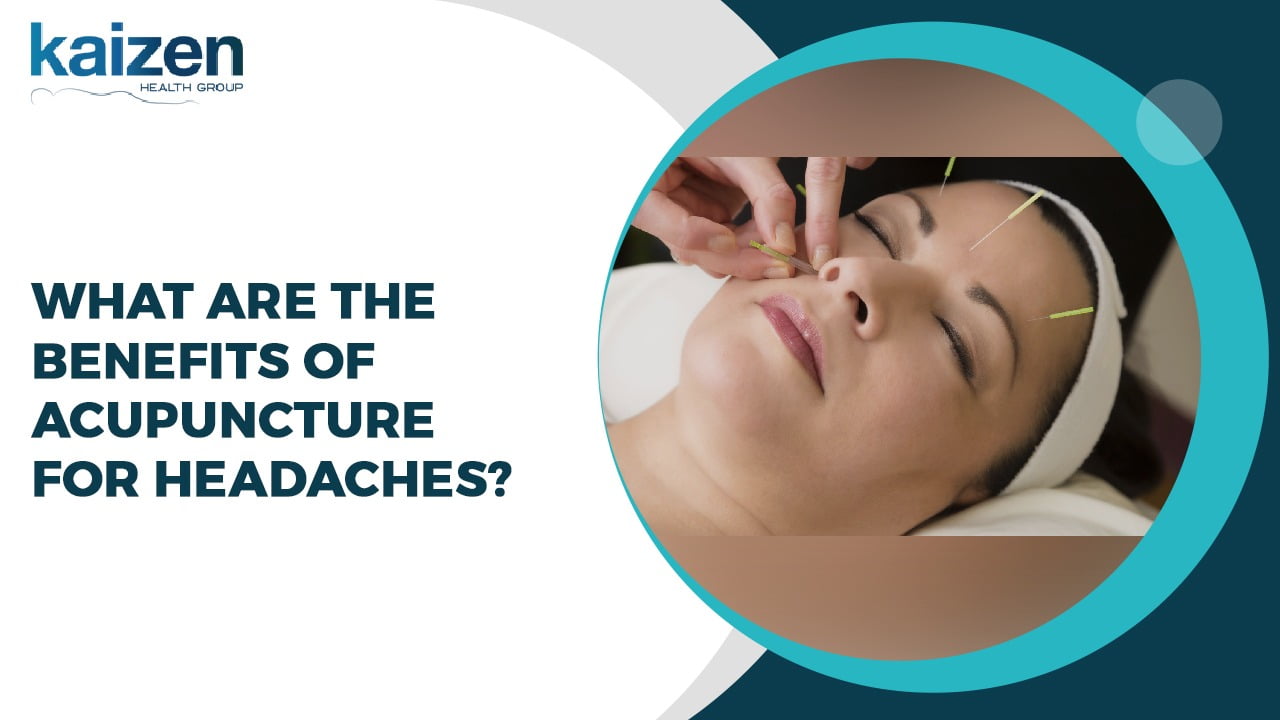The Benefits of Acupuncture – Unlocking the Healing Power
Acupuncture is an ancient healing practice that has gained significant popularity in recent years. This holistic approach to healthcare originated in China thousands of years ago and involves the insertion of thin needles into specific points on the body. The goal of acupuncture is to restore the balance of energy, known as Qi, within the body, leading to improved overall health and well-being.
Pain Relief and Management
One of the most well-known benefits of acupuncture is its ability to provide effective pain relief and management. Acupuncture stimulates the release of endorphins, which are natural painkillers produced by the body. By targeting specific points in the body, acupuncture can provide relief from chronic pain conditions such as arthritis, migraines, and back pain.
Stress Reduction and Mental Health
In today’s fast-paced world, stress and mental health issues have become increasingly common. Acupuncture offers a natural and effective solution for reducing stress and promoting mental well-being. The insertion of needles triggers the release of neurotransmitters that help regulate mood and reduce anxiety. Regular acupuncture sessions can improve sleep quality, boost energy levels, and enhance overall mental clarity.
Improved Digestion and Gut Health
The digestive system plays a crucial role in our overall health. Acupuncture can help optimize digestion and promote gut health by stimulating the release of digestive enzymes and enhancing blood flow to the digestive organs. It can be particularly beneficial for individuals suffering from conditions such as irritable bowel syndrome (IBS) and acid reflux.
Enhanced Immune Function
Acupuncture has been shown to strengthen the immune system and improve overall immune function. By stimulating specific points in the body, acupuncture can increase the production of white blood cells, which are essential for fighting off infections and diseases. Regular acupuncture sessions can help prevent illnesses and support the body’s natural defense mechanisms.
Hormonal Balance
Many individuals, especially women, struggle with hormonal imbalances that can lead to various health issues. Acupuncture can help restore hormonal balance by regulating the endocrine system. It can alleviate symptoms associated with conditions such as polycystic ovary syndrome (PCOS), menopause, and infertility.
Improved Sleep Quality
A good night’s sleep is vital for overall health and well-being. Acupuncture can help improve sleep quality by addressing underlying issues such as insomnia and sleep apnea. By promoting relaxation and reducing stress levels, acupuncture can help individuals achieve a more restful and rejuvenating sleep.
Enhanced Fertility
For couples struggling with fertility issues, acupuncture can be a valuable complementary therapy. It can help regulate menstrual cycles, improve blood flow to the reproductive organs, and reduce stress levels, all of which can increase the chances of conception. Acupuncture is often used in conjunction with assisted reproductive technologies to enhance their effectiveness.
Sports Performance and Injury Recovery
Athletes and individuals engaged in physical activities can benefit greatly from acupuncture. It can help improve sports performance by increasing energy levels, reducing recovery time, and enhancing overall physical well-being. Acupuncture is also effective in treating sports-related injuries, such as sprains, strains, and tendonitis.
Allergy Relief
Acupuncture offers a natural and drug-free approach to managing allergies. By targeting specific points on the body, acupuncture can help reduce the severity of allergic reactions and alleviate symptoms such as sneezing, itching, and congestion. Regular acupuncture sessions can help strengthen the immune system and make individuals less susceptible to allergens.
Overall Well-being and Preventive Care
While acupuncture is often sought for specific health concerns, it also provides numerous benefits for overall well-being and preventive care. By restoring balance and harmony within the body, acupuncture can help individuals maintain good health and prevent future health issues. It is a holistic approach that focuses on treating the root cause of imbalances rather than just alleviating symptoms.

Acupuncture is a powerful healing practice that offers a wide range of benefits for both physical and mental health. From pain relief and stress reduction to enhanced fertility and immune function, acupuncture has the potential to unlock the body’s natural healing power. Incorporating acupuncture into your healthcare routine can lead to improved overall well-being and a better quality of life.
Frequently Asked Questions about the Benefits of Acupuncture
1. What are the benefits of acupuncture?
Acupuncture can help relieve pain, reduce stress, improve sleep, boost mood, enhance fertility, and promote overall well-being.
2. How does acupuncture relieve pain?
Acupuncture stimulates the release of endorphins, which are natural painkillers produced by the body. It also helps reduce inflammation and improve blood circulation, leading to pain relief.
3. Can acupuncture help with stress reduction?
Yes, acupuncture can help reduce stress by promoting relaxation, balancing the body’s energy, and regulating the release of stress hormones like cortisol.
4. Does acupuncture improve sleep quality?
Acupuncture has been found to improve sleep quality by reducing insomnia, increasing melatonin production, and promoting relaxation.
5. Can acupuncture benefit mental health?
Yes, acupuncture can benefit mental health by reducing anxiety, depression, and mood swings. It helps regulate neurotransmitters and promotes a sense of calmness.
6. Does acupuncture help with fertility?
Acupuncture can enhance fertility by improving blood flow to the reproductive organs, balancing hormones, reducing stress, and increasing the chances of successful conception.
7. Are there any side effects of acupuncture?
Acupuncture is generally safe when performed by a trained professional. Some people may experience temporary soreness, minor bleeding, or bruising at the needle insertion sites.
8. How many acupuncture sessions are needed to see results?
The number of acupuncture sessions needed depends on the individual’s condition and response to treatment. Typically, a series of 6-12 sessions is recommended for optimal results.
9. Can acupuncture be used alongside other medical treatments?
Yes, acupuncture can be used as a complementary therapy alongside conventional medical treatments. It can enhance their effectiveness and help manage symptoms.
10. Is acupuncture suitable for everyone?
Acupuncture is generally safe for most people, but it may not be suitable for individuals with certain bleeding disorders, pacemakers, or during pregnancy. It’s important to consult with a qualified acupuncturist to determine suitability.




